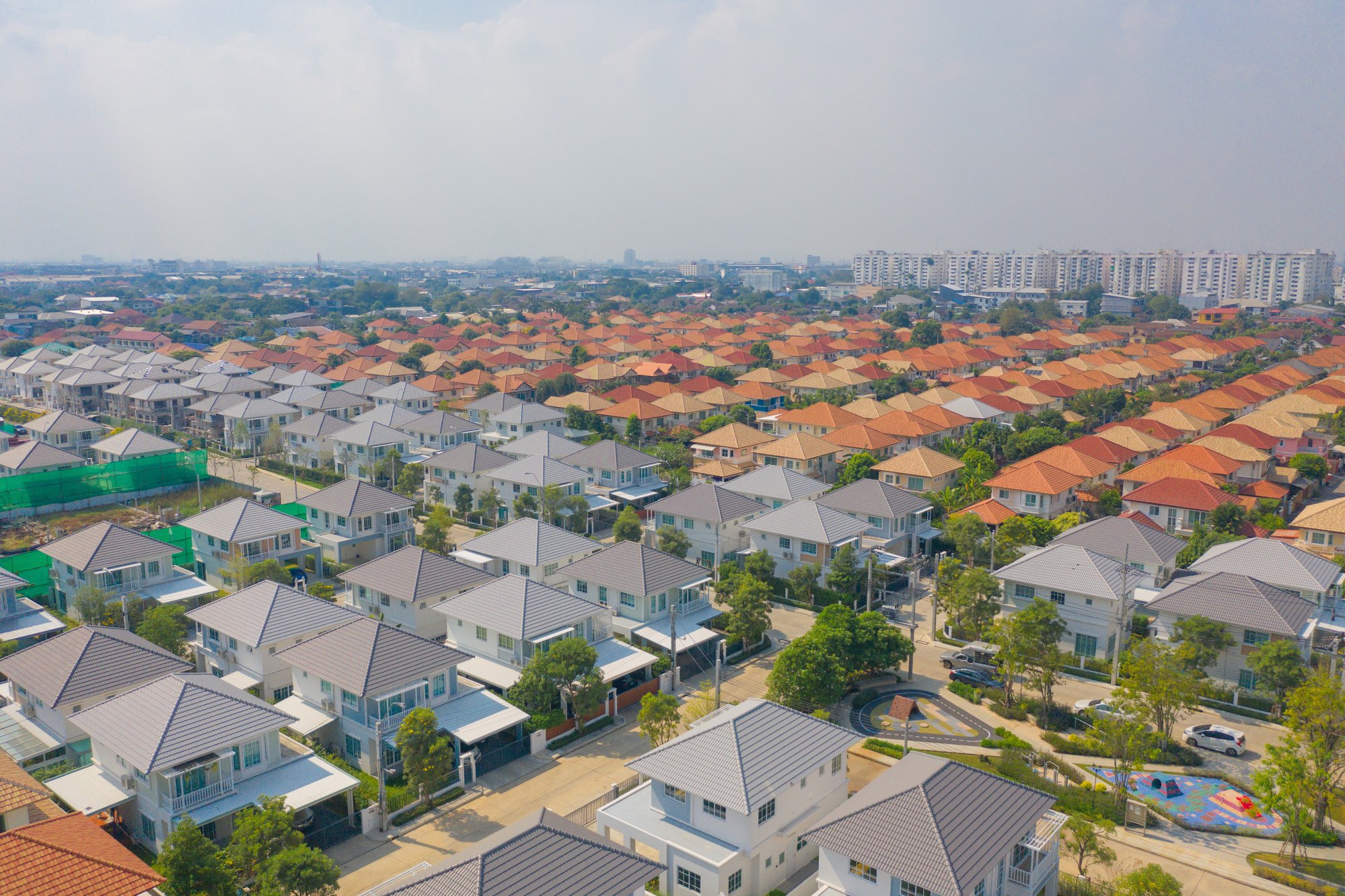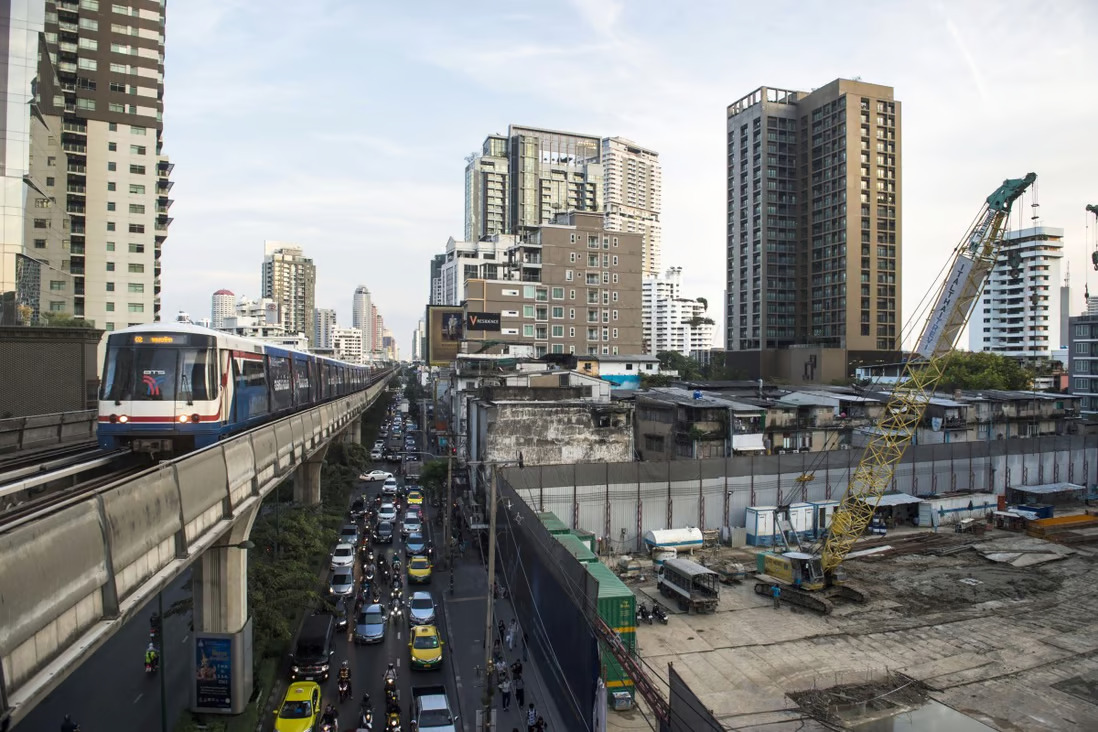Thailand’s political deadlock is turning potential homebuyers cautious in Southeast Asia’s second-largest economy, posing risks to the property market as some 50,000 flats are likely to be launched this year, analysts say.
“The market is currently slow but quite stable in terms of supply and demand as local buyers are now adopting a more wait-and-see attitude, rather than making a decision,” said Wittaya Dave Apirakviriya, general manager of ThinkOfLiving.com and DDproperty, a unit of proptech group PropertyGuru.
“This is due to the current political situation as we are still in the process of forming a new government.”
Thailand’s political situation is in a bit of flux as Pita Limjaroenrat, the leader of the Move Forward Party that won the most seats in the May election, has been thwarted twice in his attempt to form a government by conservative members of the senate, most of whom have been appointed by the military junta. In another setback, the Constitutional Court has decided to proceed with two cases against Pita for allegedly violating election rules.

To break the deadlock, Move Forward said it would give way to coalition partner Pheu Thai to try and form the government instead. It remains to be seen, however, if the less liberal Pheu Thai will be able to convince members of the senate and assume power after parliament cancelled plans to elect a prime minister on Friday and said a new date would be set.
The political impasse is impacting the property market as real estate stakeholders expect the new government to implement measures to boost the market, Wittaya said. The previous government cut fees for registering mortgages and transferring ownership from this year until the end of 2025. Extending these measures would help the property market, he added.
Real estate stakeholders would like the government to further ease foreign property ownership laws, including allowing foreigners to own landed homes but limiting it to 20 per cent outside Bangkok or luxury villas in beach towns, where the market caters mostly to overseas buyers, according to Peerapong Jaroon-ek, founder and CEO of Origin Property.
Before the pandemic, foreigners accounted for a quarter of all property sales in Thailand, with Hong Kong-based buyers contributing to as much as a third of all purchases from 2018 to 2022, according to official data.
“Currently we see an unclear picture of the political situation, including stimulus measures for the property market and other economic activities, but we believe that we will have a more thorough outlook and understanding after we have a clear political picture and what’s driving the country’s economy,” ThinkOfLiving.com’s Wittaya said.
Real estate is a major driver of the Thai economy, accounting for about 10 per cent of the gross domestic product in 2022, according to a study in May by the Bank of Ayudhya, Thailand’s fifth largest bank.
Before the coronavirus pandemic, developers enjoyed a mini boom due to demand from foreign buyers. But when travel was disrupted in 2020 because of the pandemic, cutting off a vital source of buyers, developers began offering huge discounts and threw in freebies such as cars, hotel and restaurant vouchers and even transfer fees to drum up sales.
The current political uncertainty is likely to further weigh on the property market, as some 50,000 flats are likely to be launched this year in Thailand, slightly more than the 48,700 units last year, according to CBRE.
Thai developers are also likely to launch 35,000 landed units this year, nearly the same as the 34,364 launched in 2022. Developers are also forecast to offer 1,200 luxury and super luxury homes, nearly the same as the 1,218 units in 2022, CBRE added.
The political uncertainty will only have a short-term impact on the property market and investor sentiment, said Artitaya Kasemlawan, head of residential sales project at CBRE Thailand.

“The current deadlock will have minimal impact as it has little effect on day-to-day business or cause changes in real estate policy,” Artitaya said. “Any impact on Thai real estate is usually a result of what’s happening in the economy rather than in politics.”
Apart from the political drama, there are several reasons for local and foreign buyers to consider investing in Thailand, according to Kashif Ansari, co-founder and group CEO of Juwai IQI.
For example, average rental yields range between 4.3 per cent and 6.7 per cent in Bangkok, Pattaya and Phuket, he said. This compares with Hong Kong’s net annual return yield of less than 2 per cent.
“Developers have reduced the supply of new units in each of the past four quarters,” Ansari said. “The share of new listings sold in each quarter has nearly doubled to more than 40 per cent as a result. Prices are climbing slowly.”
The Thai property market remains fundamentally sound despite the current political challenges as the country continues to provide a safe and stable environment for foreign residents and investment, Ansari added.
“If you’re investing in Thailand, then the current situation is not a deal-breaker.”
Source : SCMP

